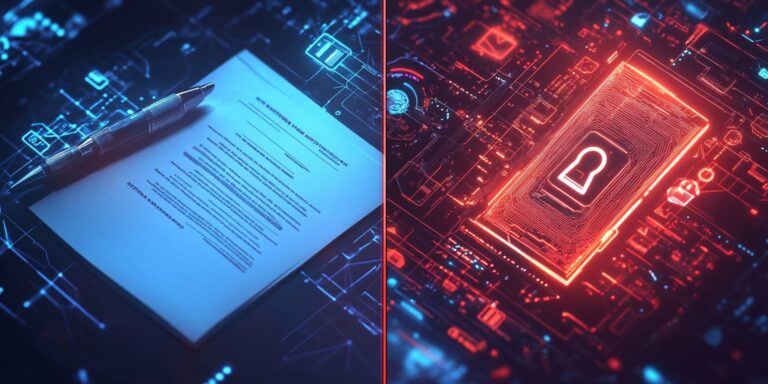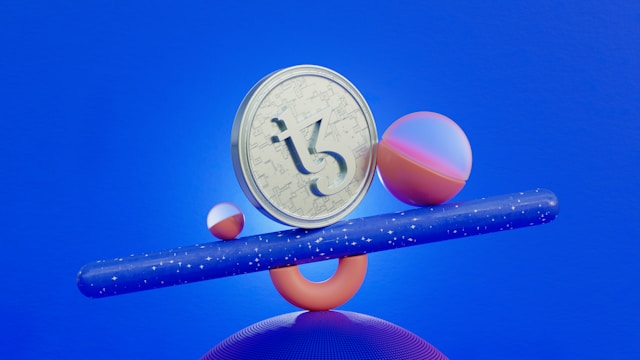Support for the Play-to-Earn (P2E) game model
Digital collectibles are the most popular when using NFT tokens because they allow for no duplication of game assets. As they level up, players can earn assets with intrinsic value and then trade or sell them. The value of unique in-game items can increase over time, helping players earn profits. Even when players finish playing, they continue to own NFTs and can profit from them in the future.
Ensuring true ownership of digital art
Traditionally, digital and physical art have had differences because the former could be easily copied and distributed. For example, piracy of digital images or files in digital media formats is almost impossible to control. As a result, digital art could never have the same value as even a basic watercolor by an aspiring artist.
NFT has flipped this model upside down. Artists from around the world can turn their graphic designs, digital images or photographs into NFTs that can be bought and sold. The blockchain keeps a record of all transactions without the risk of tampering, and artists can even receive royalties when an image or media file is used for commercial purposes.
Confirming community membership with “digital tickets”. NFTs can also be used as digital tickets to confirm membership in an online community, a paid video game, or any other digital forum with paid access. Online, users don’t identify themselves as they do in the real world. As the demand for online spaces like Metacommunity platforms continues to grow, membership verification is a major challenge for businesses. One can display NFTs as proof of membership or even turn their avatars into NFTs, demonstrating the authenticity of their identity.
Fighting fraud in the music industry
NFT tokens allow artists to connect directly with their audience by selling digital music files. NFTs can be programmed to limit revenue sharing to a certain point and no more, ensuring that the artist’s rights are not violated. Companies like Autograph.io even allow tokenization of autographs.
Buying digital real estate in the Metaview Universe
Digital real estate is another popular use case for NFT. Individuals and companies can set up virtual offices in the Metaview Universe to commiserate more with different customer segments, both offline and online. Investors can buy and sell these plots at a profit or rent them out. The value of these plots can reach millions of dollars, so it is crucial to establish ownership.
Supplementing ownership of physical assets
Sometimes buyers of real assets may purchase an NFT in order to prove the ownership history and authenticity of the asset. This use case is essentially provided by the fact that smart contracts are more secure than physical contracts, and NFTs can facilitate trading if the buyer wants to sell the asset later.
The Future of NFT The possible applications of this technology are limitless. One can only guess how NFT will evolve. Right now, however, opinions are divided: some believe that they are unequivocally important to the Meta Universe. NFTs can be the digital equivalent of physical objects, and someone on the contrary – follows the opinion that NFTs are just a temporary mainstream that has no great future. As a result, it will become a niche part of a larger market, similar to collectible card games and other vintage collectibles. Which of these development options does NFT really expect? Right now, we can’t give a definite answer. For now, NFT is still in its infancy, so the only way to know for sure is to follow the development and see the outcome.



